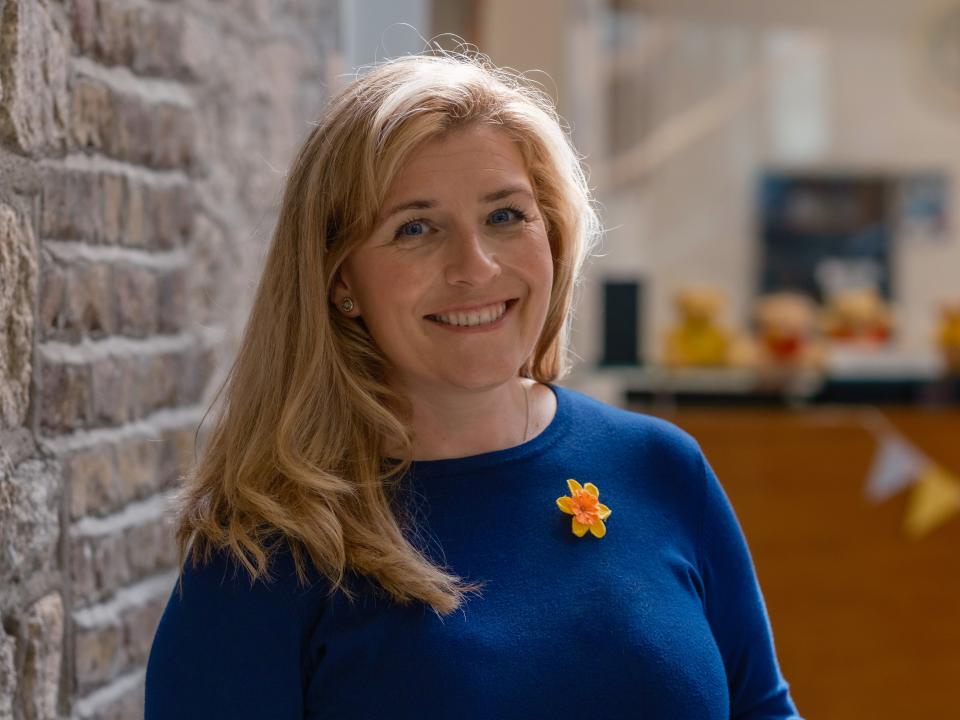- If your child is having chemotherapy, reassure them that their hair will grow back after they finish treatment.
- Try to talk to your child before their hair falls out, so you can discuss if they would like a wig or would prefer to wear a cap, bandana or hat.
- Your nurses can give you advice about wigs and where to go to get one.
- Grants are available to help with the cost of a wig. The Little Princess Trust provides real hair wigs free of charge. The medical social worker can advise you about this.
- Keep your child’s head protected from the sun. Make sure they wear a hat and use a children’s high factor (SPF 50+) sunblock on any exposed parts of the body. In cooler weather, protect your child’s head with a hat.
Hair loss in children
Some cancer treatments can cause hair loss or hair thinning. Hair usually grows back once treatment has ended.
Will my child lose their hair?
Your child may lose their hair or their hair may become thinner with chemotherapy and some other cancer treatments, such as radiotherapy to the brain. Not all children will lose their hair. It depends on the type and amount of treatment.
The hair usually falls out close to the scalp. This may happen a few weeks after treatment has started. Your child may also lose hair from other areas of the body. For example, eyebrows and eyelashes fall out sometimes.
Hair will usually grow back once treatment has ended, as the hair root is not damaged. When your child’s hair grows back, sometimes the colour and texture may be different from before.
Very high doses of radiotherapy to the brain may cause a permanent thinning of the hair.
Why does hair loss happen?
Chemotherapy and radiotherapy work by killing dividing cells. Hair follicles are cells that divide very quickly in the body and so they can be damaged by these treatments.
Coping with hair loss - Tips to help
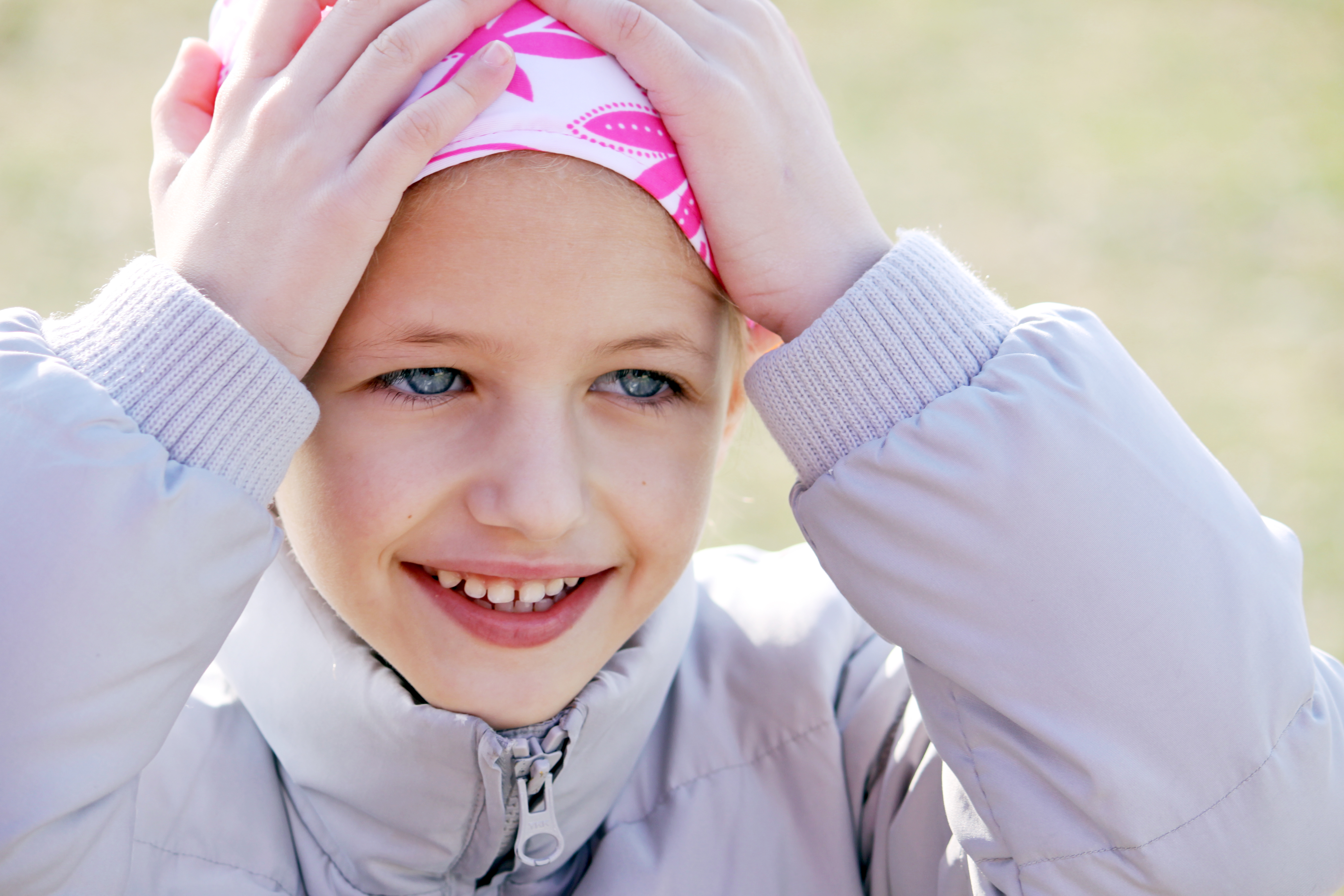
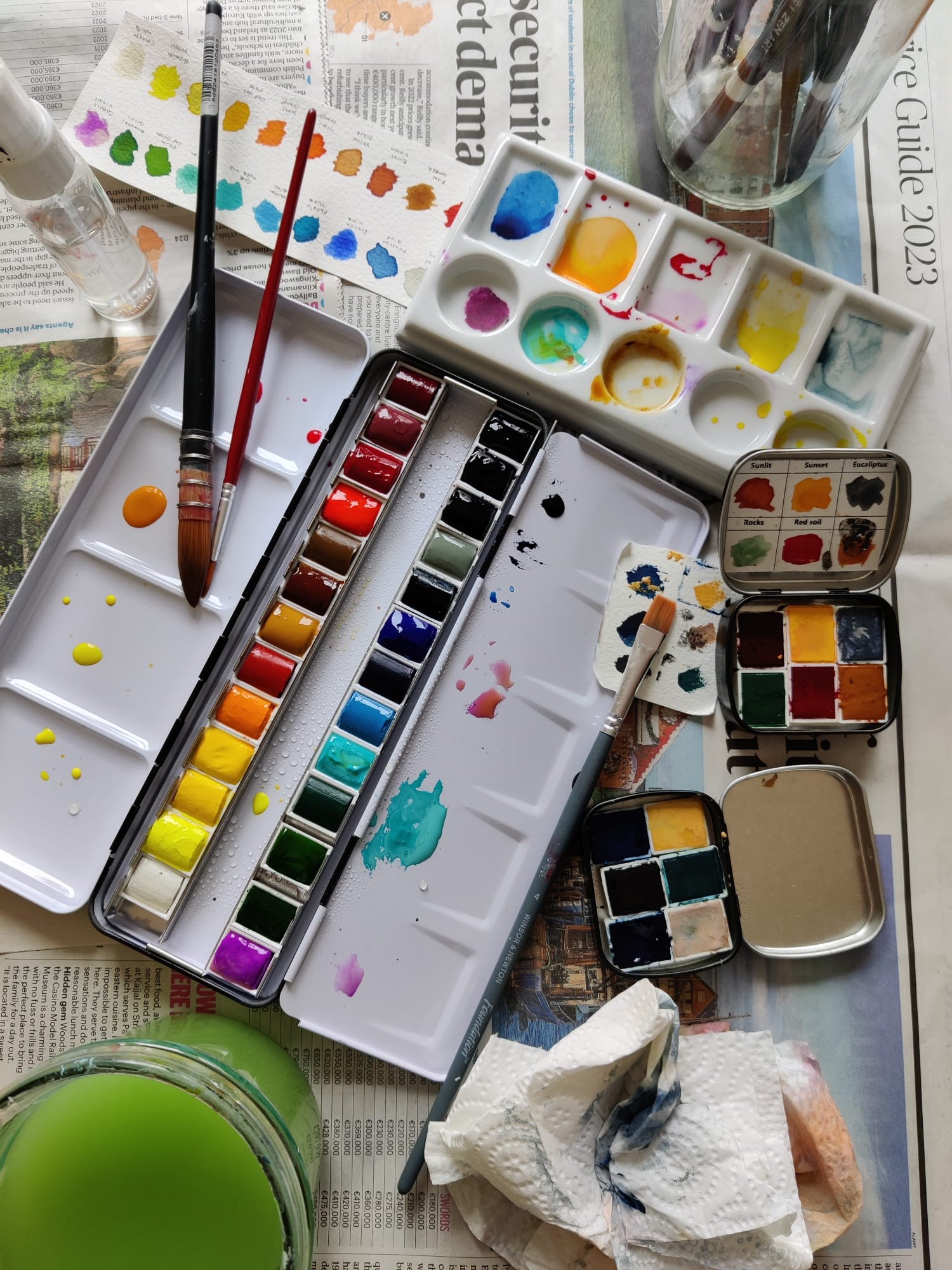
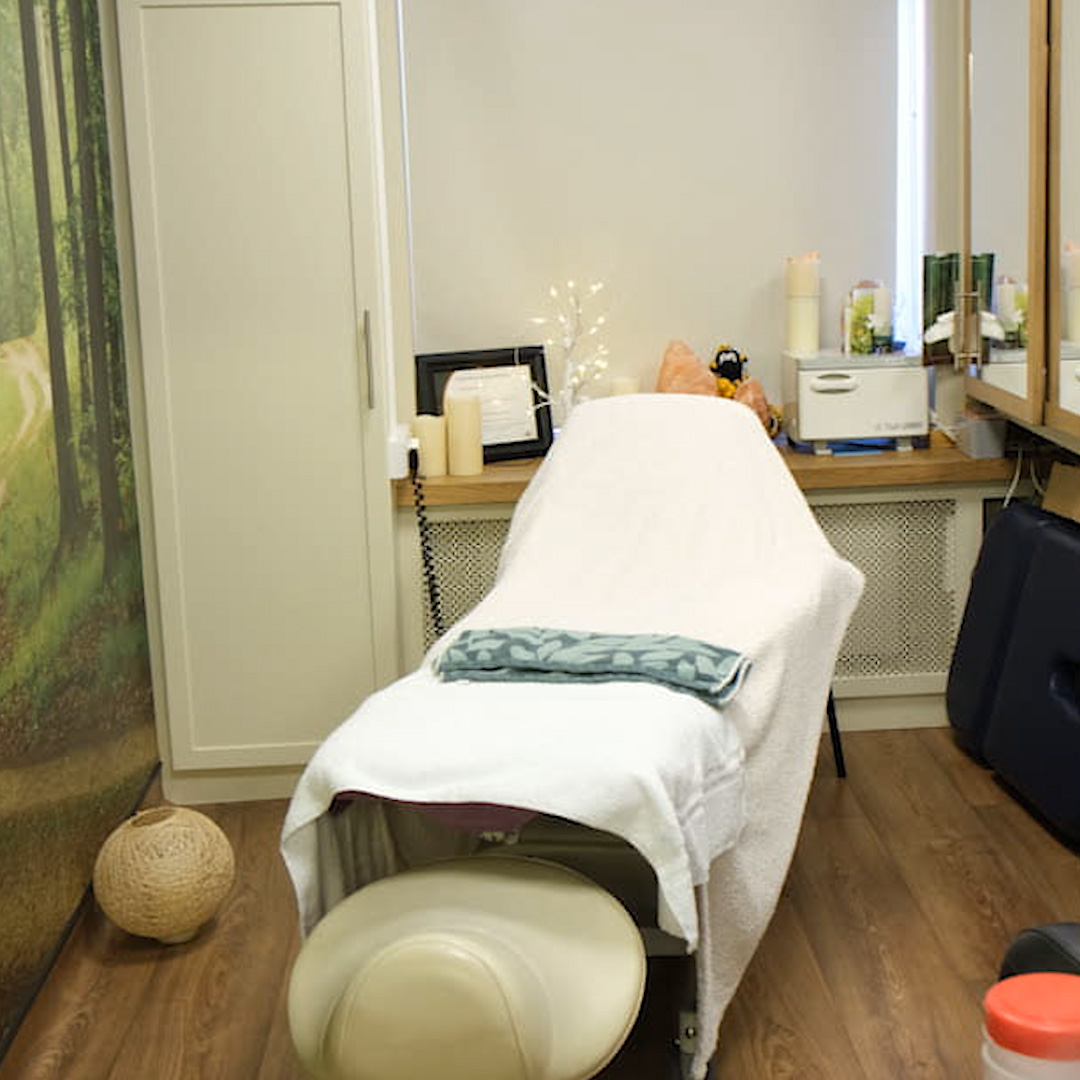
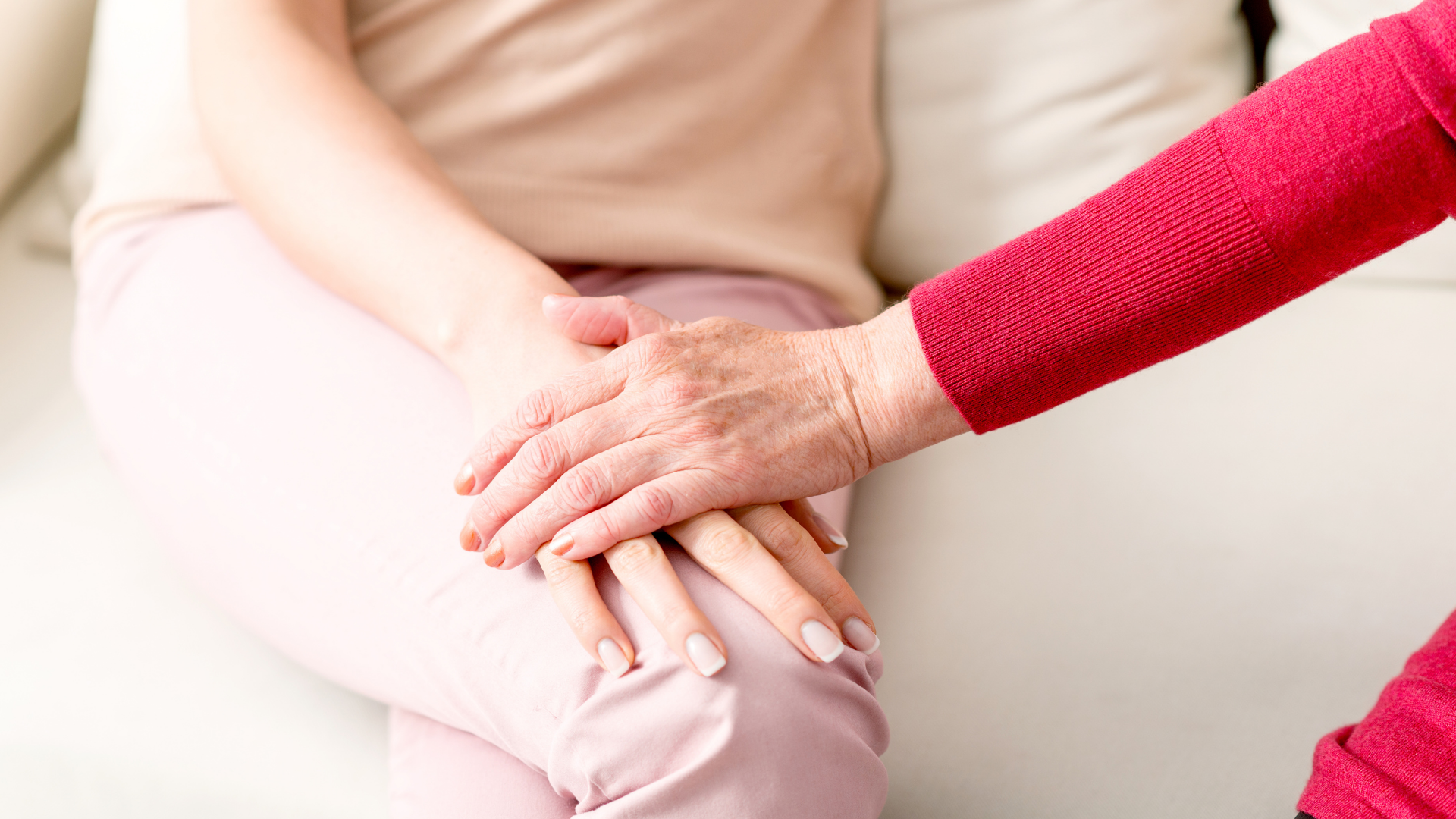
Talk to a Cancer Nurse

Support Line
In-hospital support
